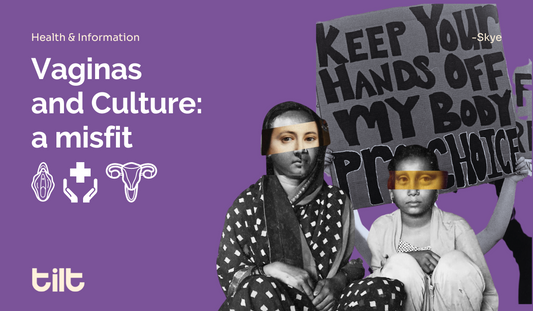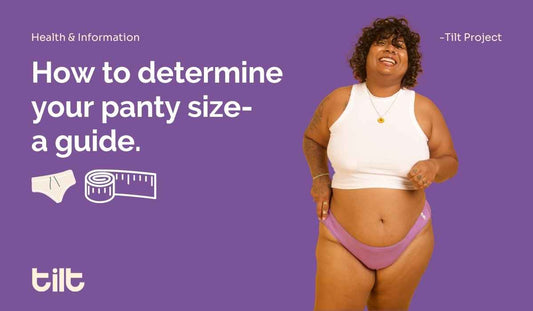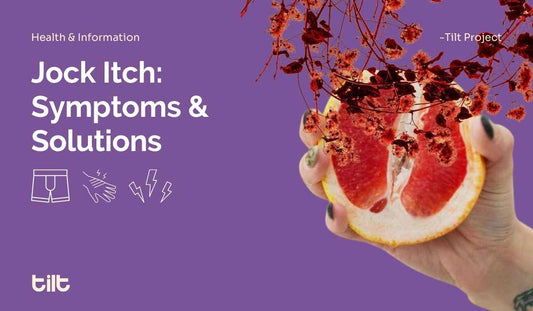If you are running over to the loo every few minutes after drinking a glass of water, I bet you wonder “why do I pee immediately after drinking water?”. Well, we have an answer for you! It could be that you suffer from an Overactive Bladder (OAB).
The gushing of water, sounds of ripple or even hearing someone talk about hitting the loo can make you question what to do when you have to pee really bad. An overactive bladder can make you feel anxious, and irritated and affect your quality of life.
Does that mean you have to know how to stop the urge to pee? Not really. It’s a genuine issue to wonder if it is bad to hold your pee back. Forcing yourself to not pee can cause UTIs as well. So…what to do when you have to pee really bad? Let’s start by puzzling out why it’s happening in the first place.
What is an Overactive Bladder?

Peeing immediately after drinking water might be an important cue for an overactive bladder. OAB can certainly make you feel out of control. This occurs when your bladder spasms or contracts at the wrong times. This process can make it normal to pee a lot after drinking water. It can cause a leakage of urine while you are sleeping or feel the slight urge to pee after drinking little water even before your bladder is full.
Overactive bladder thus becomes a combination of symptoms. And it can present as a by-product of abnormal signals from our nerves to the brain or of nerve damage. Regardless of the reason, an overactive bladder isn’t something that is entirely beyond your control. Certain healthy practices and changes can help you feel better, and while you are at it, let Tilt handle the back business ;)
Symptoms of an Overactive Bladder
Apart from peeing immediately after drinking water, there are some other symptoms of an OAB as well-

- Frequent urination- a very common symptom is that you pee a lot after drinking water. Your urination frequency increases to what you had before.
- Urgency in urinating- this refers to the failure of not being able to control your urge to pee.
- Urge Incontinence- there can be an uncontrolled leakage of urine quite easily when you have the urge to pee. (psst, Tilt to the rescue!)
- Nocturia- you experience frequent urges (2 or more times) to wake up and pee while you are asleep at night.
What Causes an Overactive Bladder?
Before questioning how to stop the urge to pee, it is essential to know the causes behind an overactive bladder since these causes can be a combination of several things.

- Nerve Damage- Sometimes, incorrect signals get sent to our brain and the bladder to pass urine at the wrong times. This could be due to some previous trauma or due to disease like-
- Herniated disc
- Parkinson’s disease
- Pelvic/back surgery
- Radiation
- Strokes
- Multiple Sclerosis
- Weak pelvic muscles - Pregnancy and childbirth can lead to the loosening of pelvic muscles by stretching and weakening them out. This can lead to leakage easily since the bladder sags out.
- Caffeine, Alcohol or Medications - these things can dull out your nerves and can result in weak signals to the brain. This leads to the overflowing of the bladder and rapid leaking.
- Excess weight - Sometimes, excess weight can place significant pressue on your bladder which leads to incontinence.
- Infections - Urinary Tract Infections (UTIs) can irritate our nerves and cause the bladder to squeeze without any signal.
It is however important to note that oftentimes, the reason behind an overactive bladder may not be certain.
How to Stop the Urge to Pee: Tips and Treatments

People suffering from an overactive bladder often struggle with a lot of questions about whether ‘is it normal to pee a lot after drinking water?’ or ‘what to do when you have to pee really bad? First thing’s first, OAB is actually very common. So you’re not alone in this!
But we know how cumbersome the pee-train can be, so here are some effective tips that can help you prevent the dam from breaking too easily-
Staying Hydrated in the Right Way
People with an overactive bladder tend to decrease their water consumption. This can instead lead to the production of more concentrated urine which can irritate the bladder even more. Controlling what you drink can be tricky.
Here’s how you can intake water wisely-
- Drink normal plain water whenever you are thirsty. Around 4-8 glasses (250ml) of water can help you stay hydrated.
- Sip water in small amounts the whole day instead of gulping down large amounts after big breaks.
- If you tend to pee too much during the night, drink most of your liquids through your waking hours. Stop before 1 hour of bedtime.
- Avoid carrying huge bottles of water with you if you are not exercising. This can cut down your thirst to drink more.
- Cut down on caffeine, alcohol and artificially sweetened drinks. These drinks irritate your bladder!
Lifestyle Changes
Rather than googling if it is bad to hold your pee back, one can easily counter the symptoms through these daily habits-
- Eating a healthier and balanced diet- what you eat can affect your bladder health. It is therefore important that you have enough fibre, and eliminate excess acidic, spicy and citric foods. Keep track of what you eat to avoid irregular bowel movements which can cause constipation.
- Stop smoking and drinking- smoking cigarettes or drinking alcohol can affect your bladder’s health and can thus trigger irritation.
- Exercise daily- daily activity and movement can help you lose the extra weight that can pressurize the bladder. Do so only if it’s needed.
Bladder Training
While it is bad to hold your pee for long hours, the solution to ‘how to stop the urge to pee’ can be modified through the retraining of your bladder. Here’s how you can do it-

- Keep an observation log- track your bathroom runs, liquid intake and foods and their effects on your urinary process. This can help you make changes to your lifestyle according to your body’s preferences.
- Kegel exercises- Kegels help to strengthen the pelvic floor muscles which hold up your bladder. Doing so can also help in better nerve impulses. Repeat the exercise 10 times by holding on for 10 seconds and taking an interval of 10 seconds.
- Resist the urge to urinate- start slowly with this. Whenever the urge to pee rises, try holding back a little longer than you normally can. Progress over 12 weeks through a subtle increase in interval periods. Track your progress as well.
Things like these can be handled pretty well once you start changing your lifestyle methods. Do not worry about the pee stains, because Tilt undies can help you with that ;D take your time to build up that dam!





